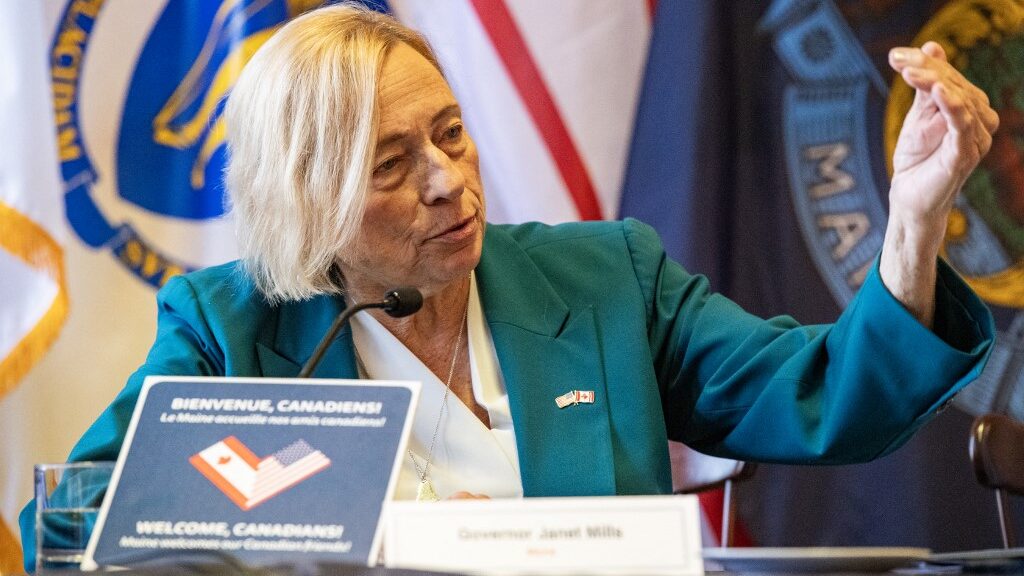
North Carolina lawmakers may be pulling back a bit on their request to ban college prop bets.
According to Legal Sports Report, Senator Julie Mayfield initially sought to ban college prop bets in sports betting, and she introduced a bill that would do just that. However, she recently indicated that the proposal is unlikely to move forward this session.
So now, Mayfield is considering alternative measures, such as imposing consequences on bettors who harass athletes. This approach aligns with a similar bill passed in West Virginia.
“It’s an alternative that if we’re not going to ban the bets, I would be happy to create consequences for bettors who behave badly,” she told LSR. “My hope is it is something that could move forward this year or next.”
What the Legislation Calls for in North Carolina
Mayfield’s original bill is identical to the one filed by Representative Marcia Morey last month. Morey is a former U.S. Olympic swimmer and NCAA enforcement liaison.
Both bills prohibit wagers on individual statistics, such as points, assists, rebounds, or total yards. It would apply to college and amateur sports, which are largely defined as Olympic-style events. Additionally, the bill would ban in-person sports wagers at facilities for eight hours before or during any college sports event, potentially impacting venues like PNC Arena where NC State’s men’s basketball team plays.
The concern is that these bets could compromise the integrity of college sports. While some states have already banned them, others still allow prop bets despite the NCAA’s urging to prohibit them.
“Sports betting issues are on the rise across the country with prop bets continuing to threaten the integrity of competition and leading to student-athletes getting harassed,” NCAA President Charlie Baker said. “The NCAA has been working with states to deal with these threats and many are responding by banning college prop bets.”
Legislators in Ohio and Maryland made changes to their rules about betting on college prop bets, while in Louisiana, the Gaming Control Board decided to ban this type of wager altogether.
Athlete Harassment Gained Attention During Big Dance
During the NCAA Tournament, University of North Carolina men’s basketball star Armando Bacot faced online harassment from disgruntled bettors.
After UNC’s victory over Michigan State in the second round, Bacot received over a hundred messages on social media criticizing his performance. Some bettors were upset about prop bets that he failed to meet, particularly related to rebound numbers.
Bacot acknowledged the frustration of fans who had placed bets but found the constant messages a little out of hand. “The stories that we hear from athletes are going to increase and compound. If there is not enough motivation this year, maybe there will be next year,” Mayfield said.
We’ll continue to follow the debate and keep an eye on what lawmakers ultimately decide.














